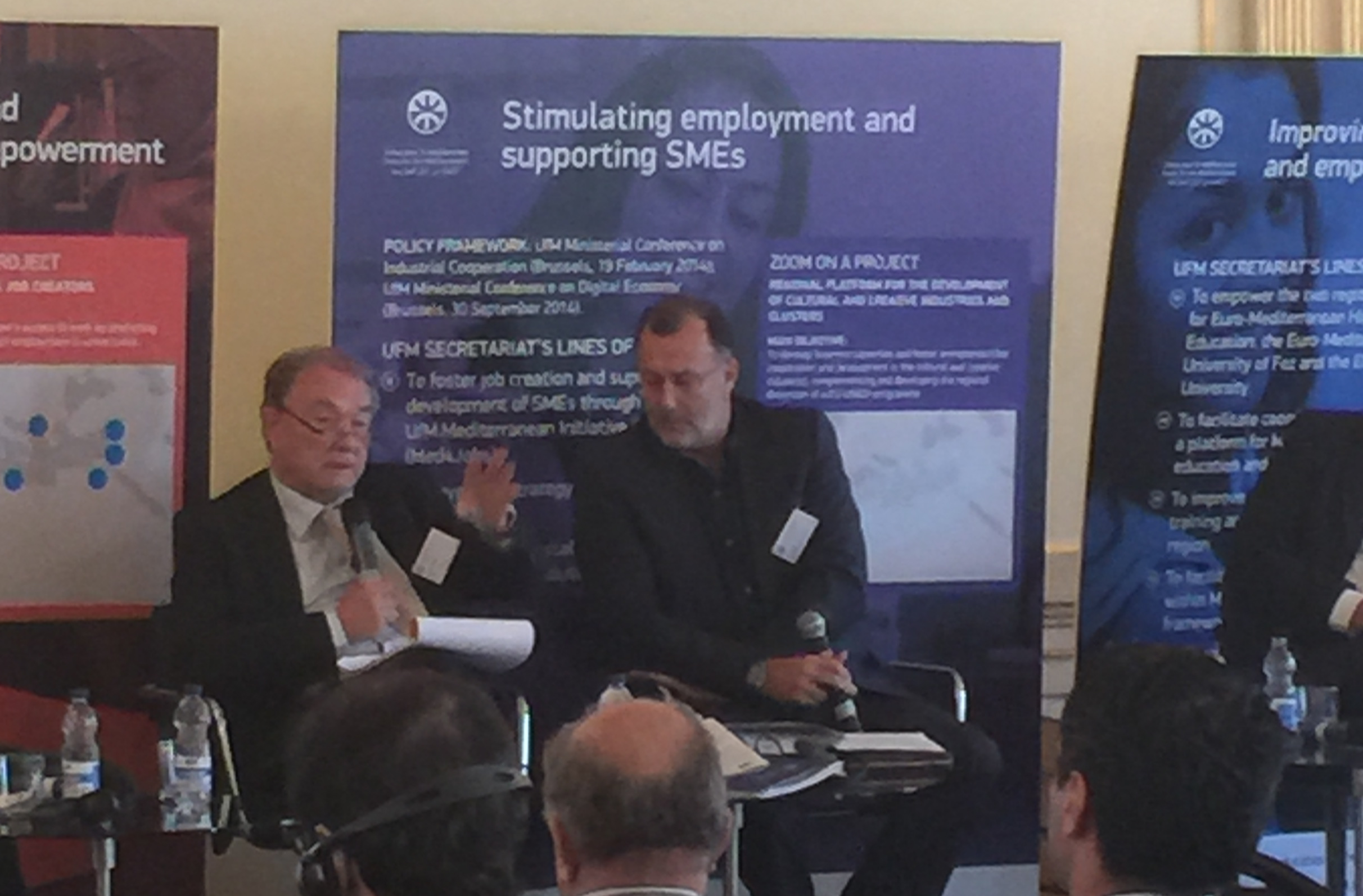World Water Day is celebrated on March 22nd and this year its theme is “Leave no one behind”. The event is an opportunity for FEMISE and its partners to take stock of the situation in the Mediterranean, where the water problem has become a crucial issue.
Water is a vital resource, yet it is lacking. World Water Day is an opportunity to take stock of the situation and the objectives to be achieved in order to reduce inequalities in terms of access to water. This year, the theme of this World Day is “Leave no one behind”.
“This is an adaptation of the main commitment of the 2030 Sustainable Development Programme: everyone must be able to benefit from the progress made in sustainable development,” states the UN announcement.
At the same time, the organization published an alarming report a few days earlier. The main conclusion is that more than two billion people in the world, representing three out of ten, do not have access to a drinking water distribution infrastructure. In addition, six out of ten are deprived of sanitation facilities.

The Mediterranean hosts 60% of the “water-poor” population
In the Mediterranean countries, the situation is far from idyllic. On the occasion of this World Day, researchers from the FEMISE network and its partners lean on the issue.
“The Mediterranean represents only 7% of the world population and yet it is home to more than 60% of the so-called water-poor population”, a striking information relayed by Céline Dubreuil, Programme Manager at Plan Bleu, one of the Regional Activity Centres of the Mediterranean Action Plan (MAP) of the United Nations Environment Programme (UNEP). Some 28 million Mediterranean people still do not have access to sanitation, the researcher adds, and 18 million do not have access to drinking water.
“Climate change will have specific consequences,” warns Stephane Pouffary from association Energies 2050. “Urban and demographic constraints will be exacerbated.”
As for Julie Harb, researcher at Université de Montréal and FEMISE, she points out that Mediterranean countries such as Lebanon need to respond to two issues: lack of efficiency and lack of funding.
A critical level regarding water availability
Thus, FEMISE and its partners are also working to provide solutions to the issue. According to Karine Moukaddem, researcher at SciencesPo, Eco-Union and FEMISE, “we must find sustainable, less costly and more effective solutions. This is what the Union for the Mediterranean is trying to do, for example, with its platform for cooperation on water resources”.
For his part, Stéphane Pouffary underlines the importance of an inclusive multi-actor approach, which Energies 2050 supports, to build bridges between different actors in order to duplicate projects and bring out concrete arguments.
As Constantin Tsakas, General Secretary of the FEMISE network, points out, “the water issue is becoming increasingly important” in the region, “the balance between water demand and availability has reached a particularly critical level!
Researchers from the FEMISE network and its partners ensure that new irrigation approaches are to be explored, better waste management and increased awareness efforts are needed. Thus, “solutions must also include a culture of innovation that would create a virtuous circle for more efficient management of water resources, both from the supply and demand side,” concludes Julie Harb.
by the Ecomnews Med editorial team in collaboration with FEMISE


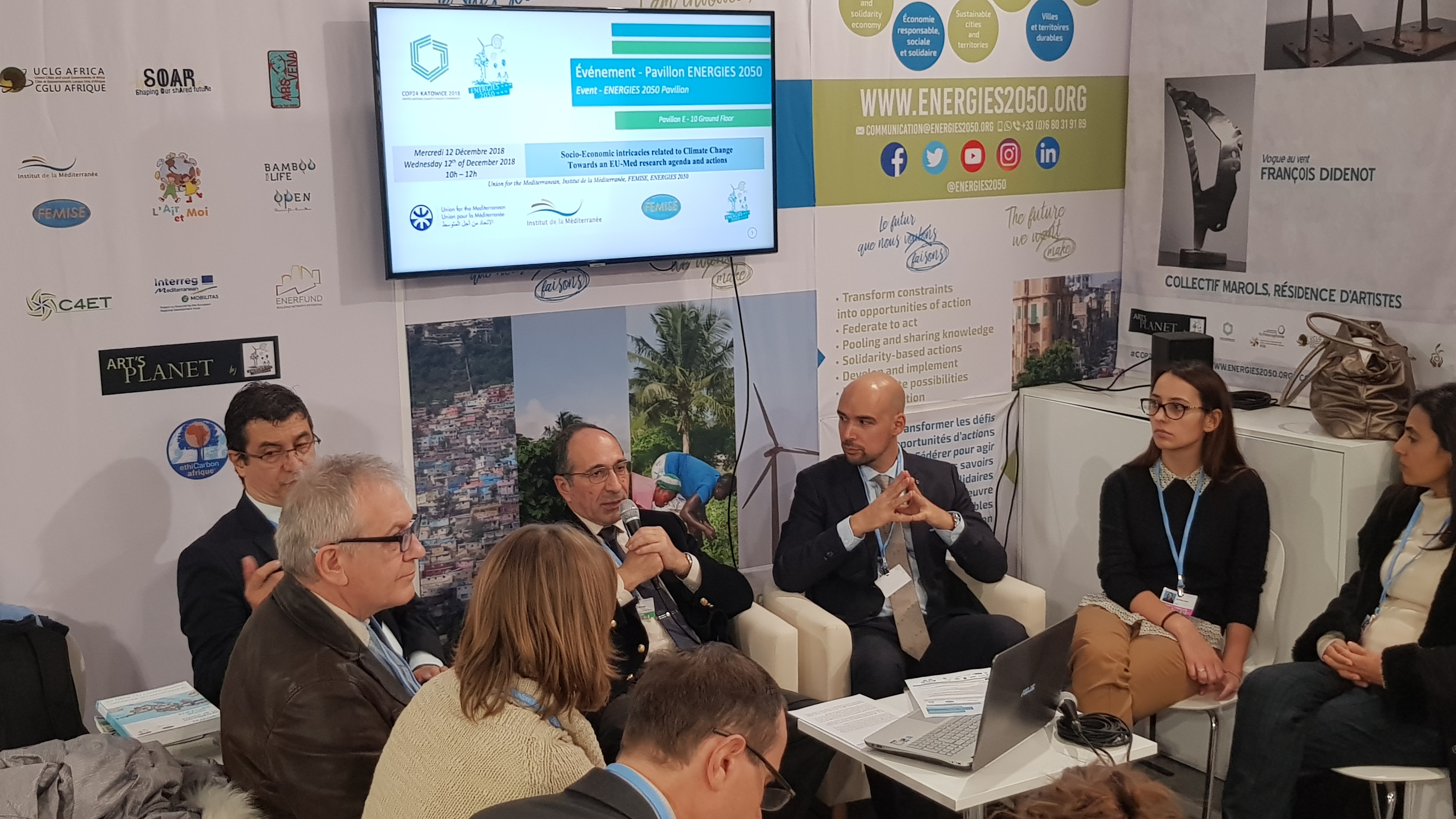
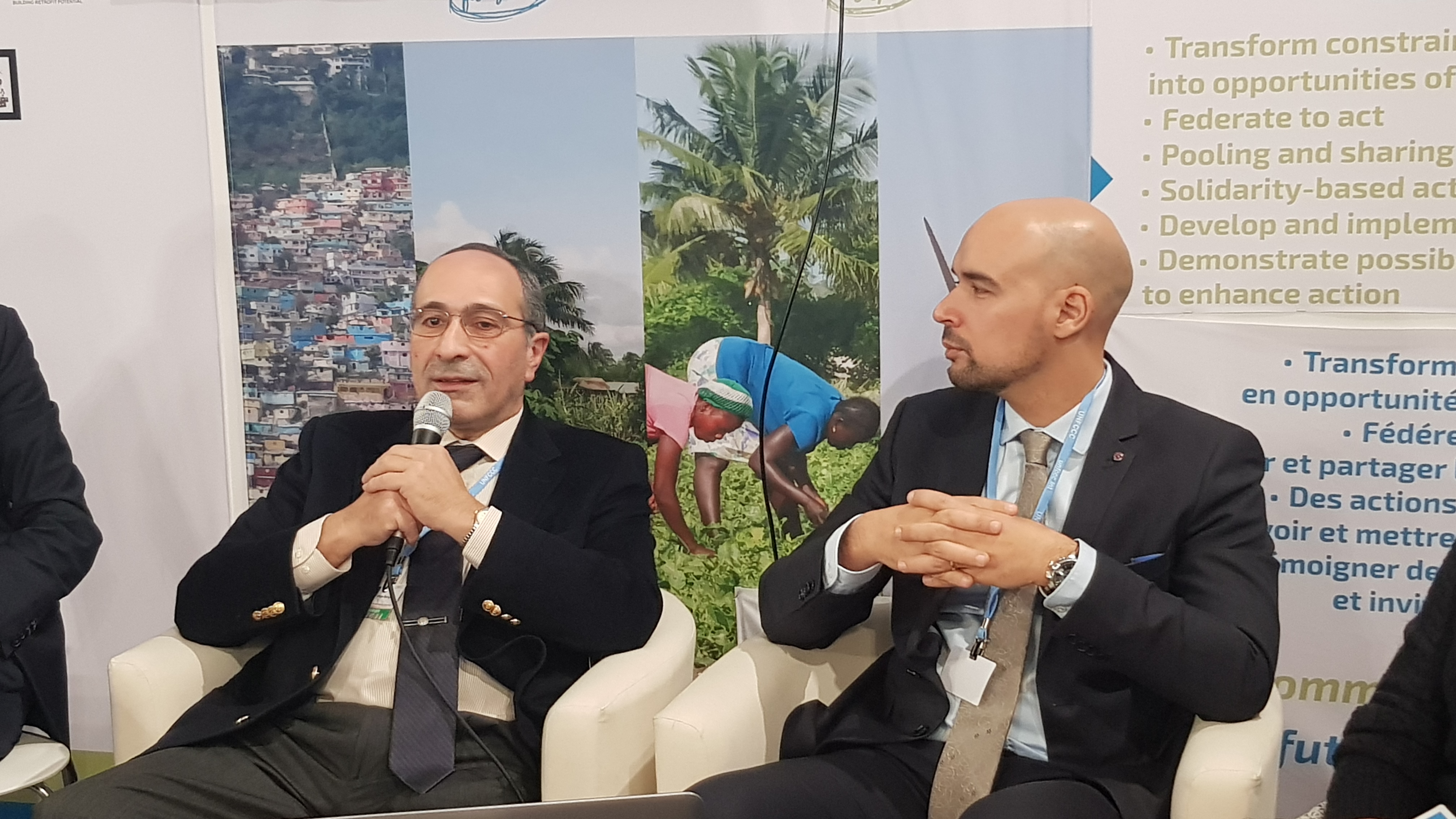


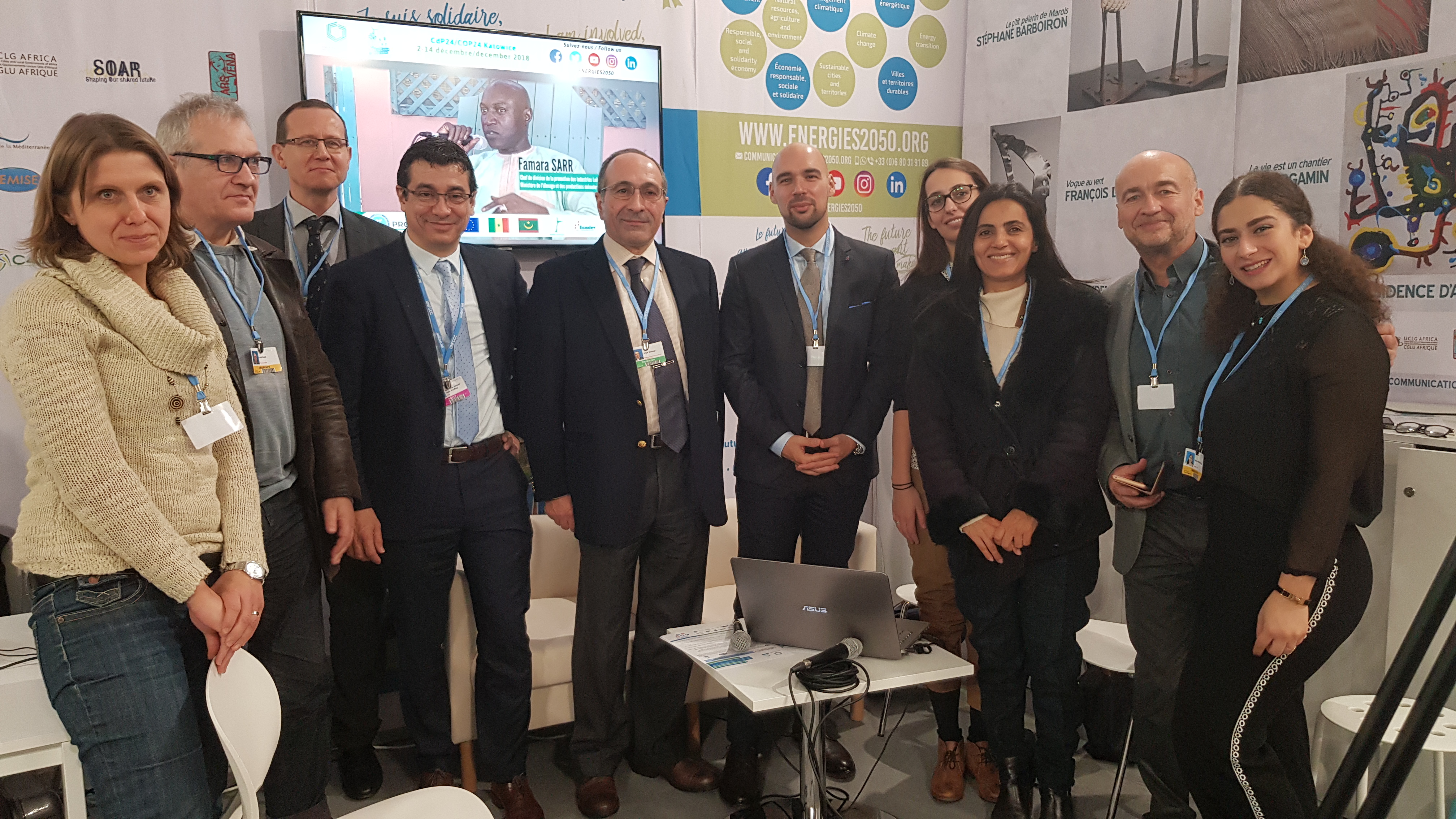
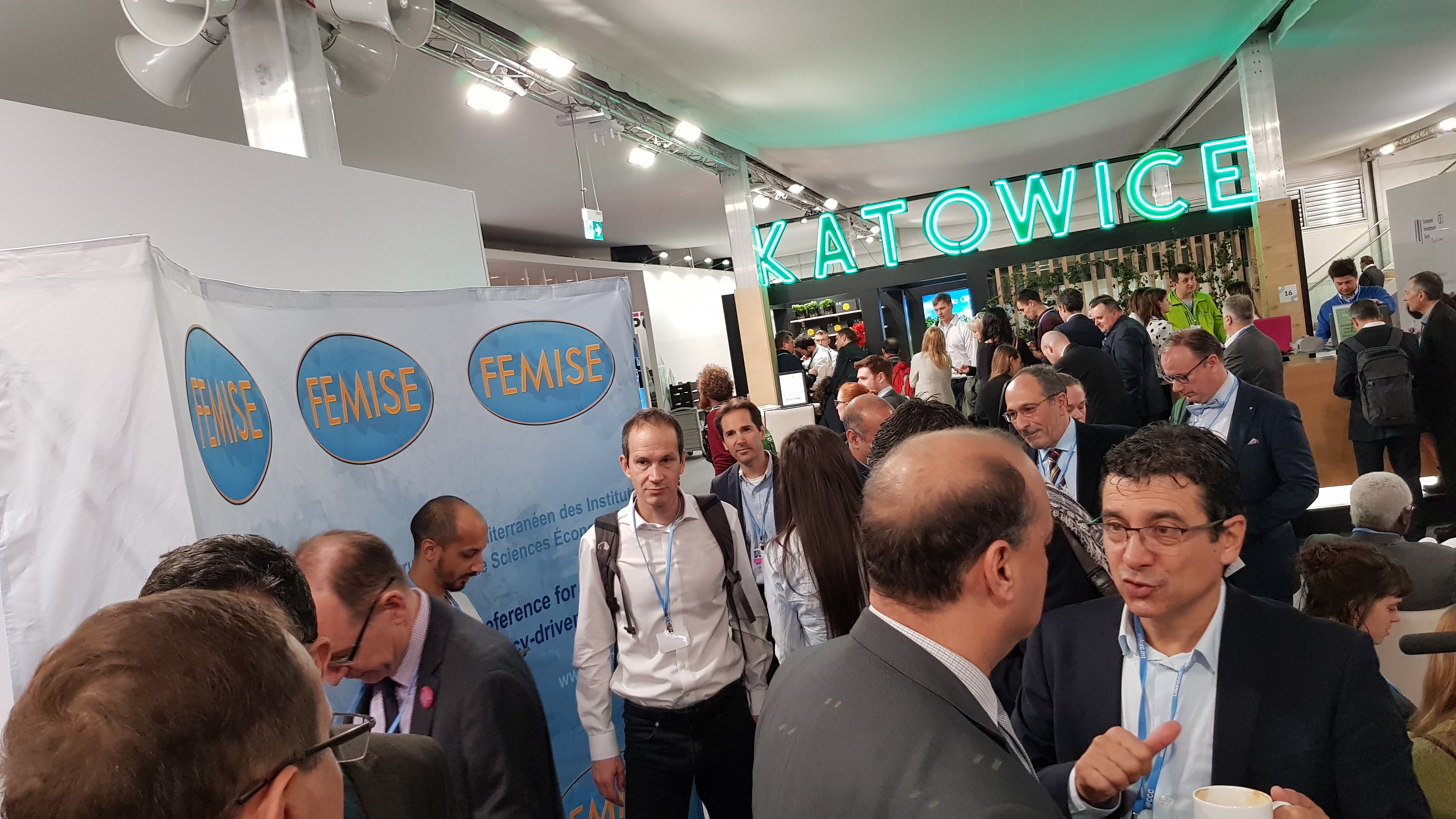

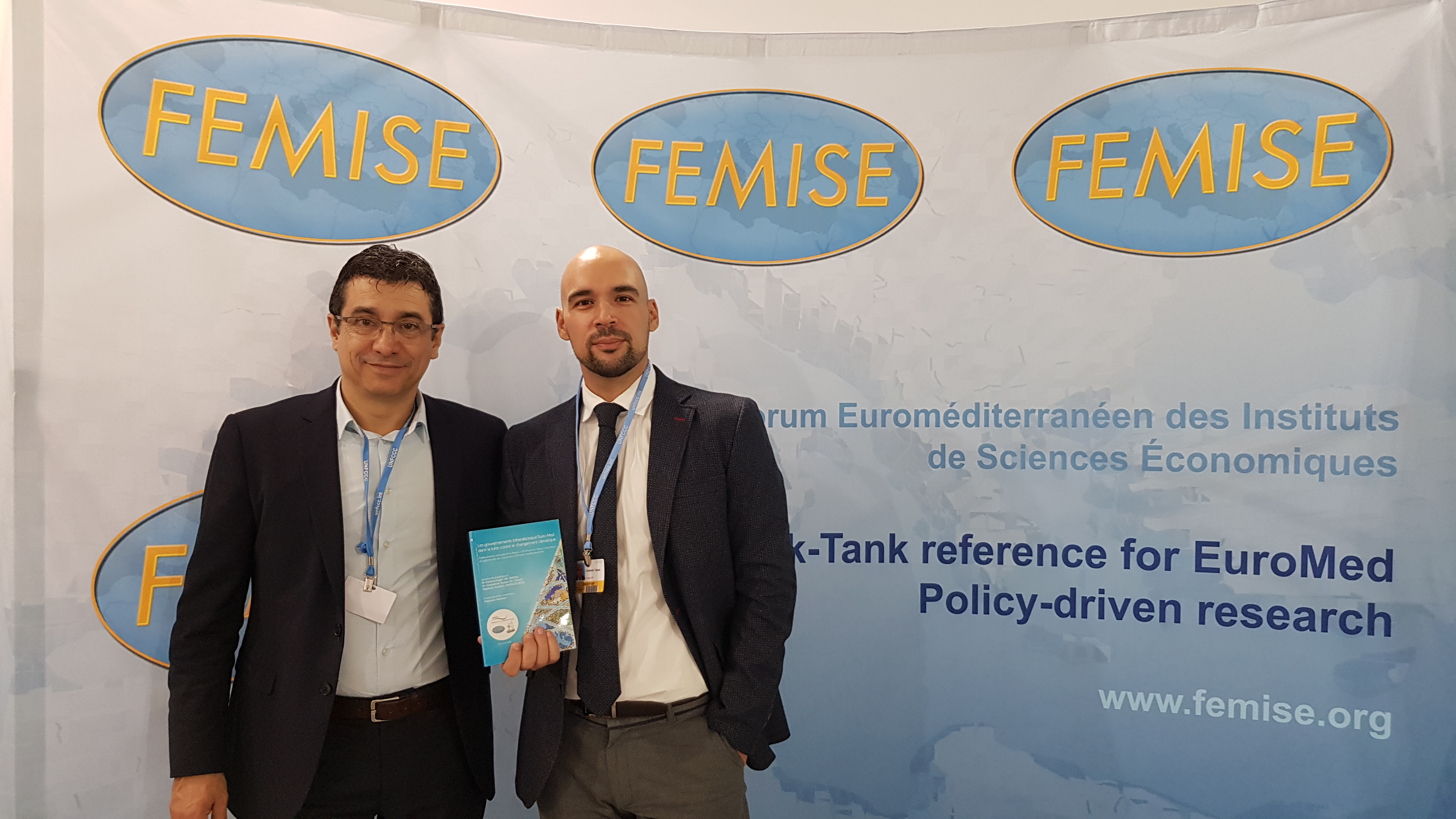
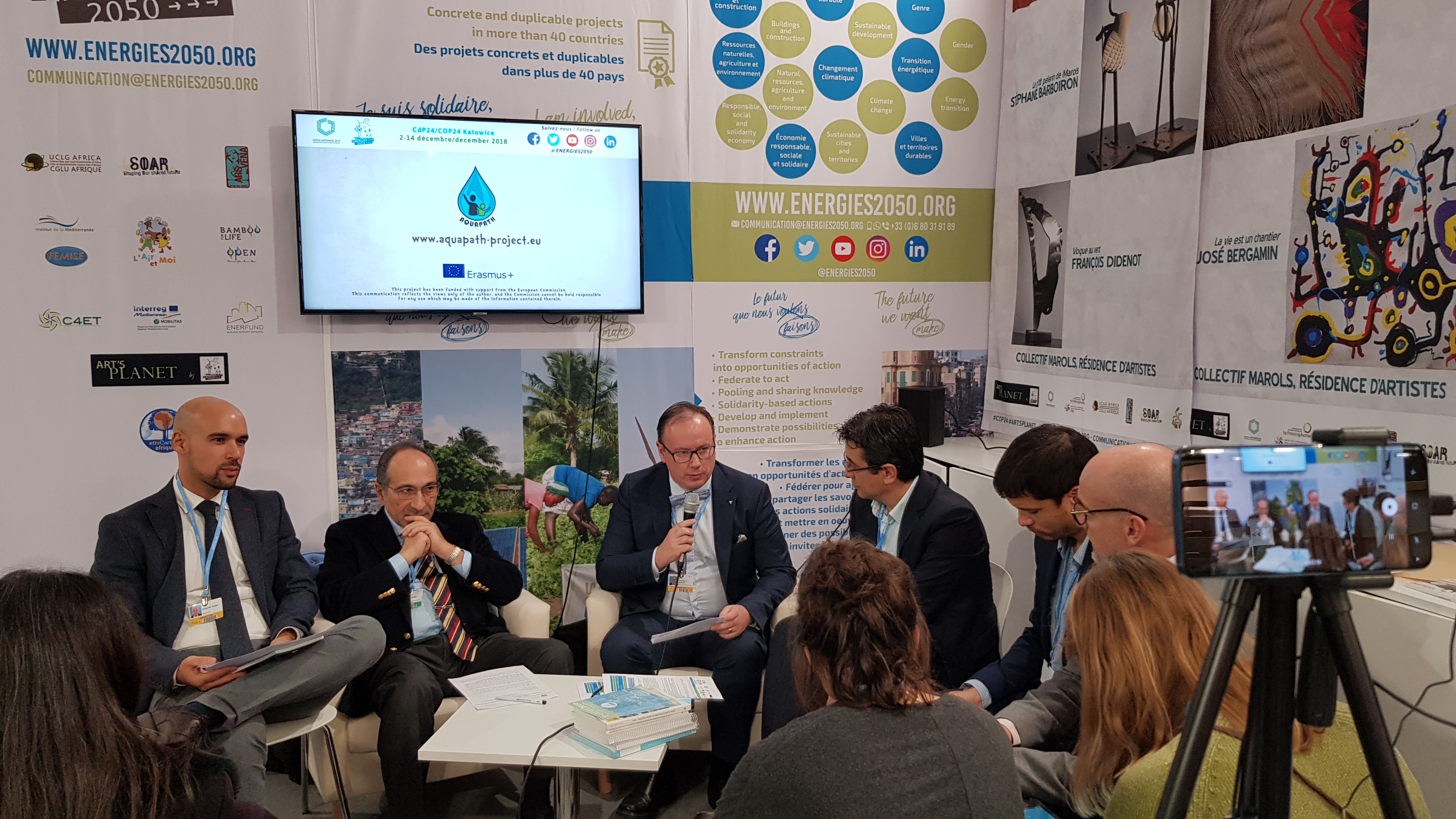
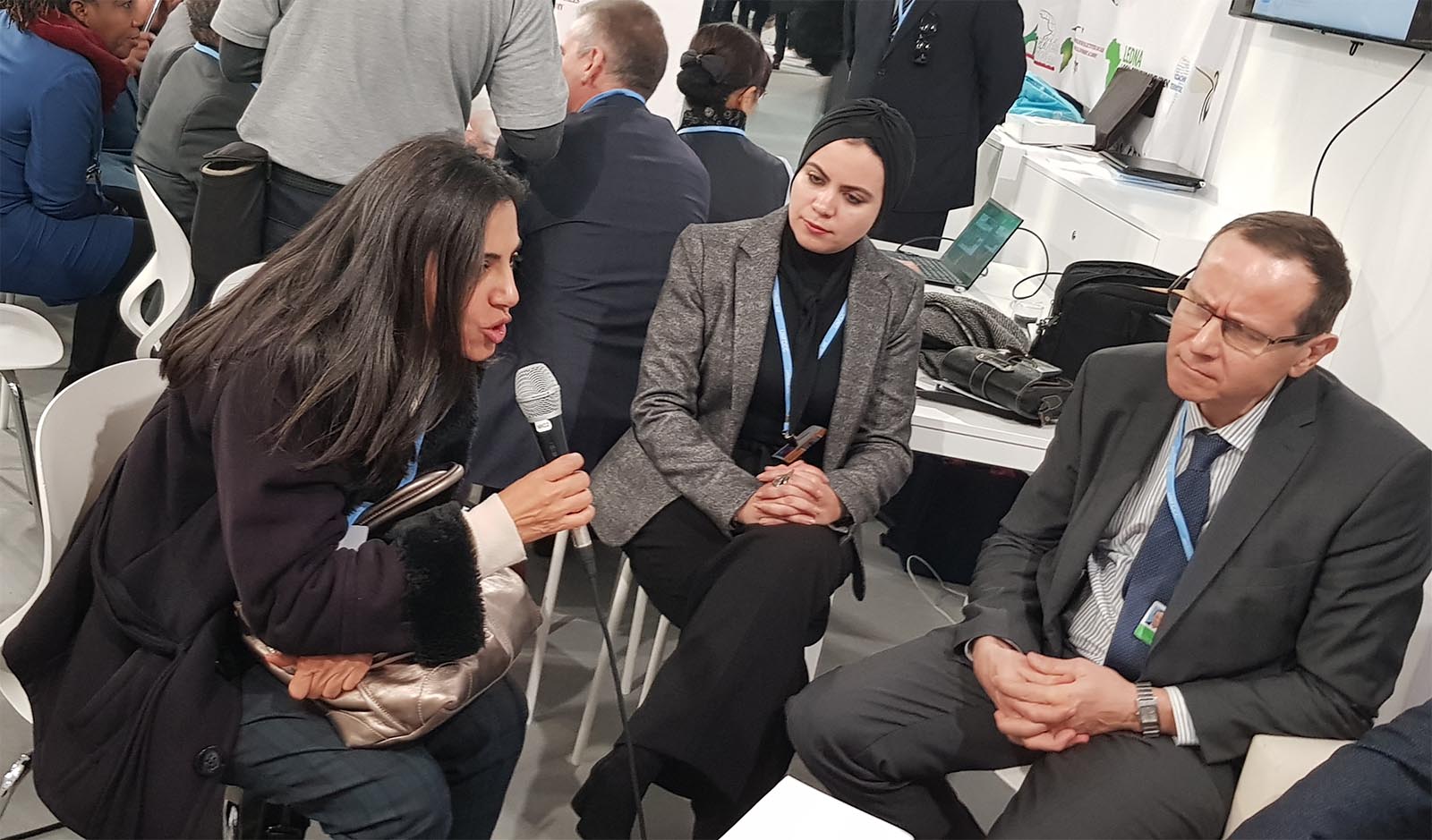


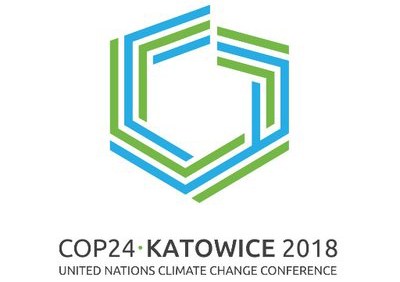
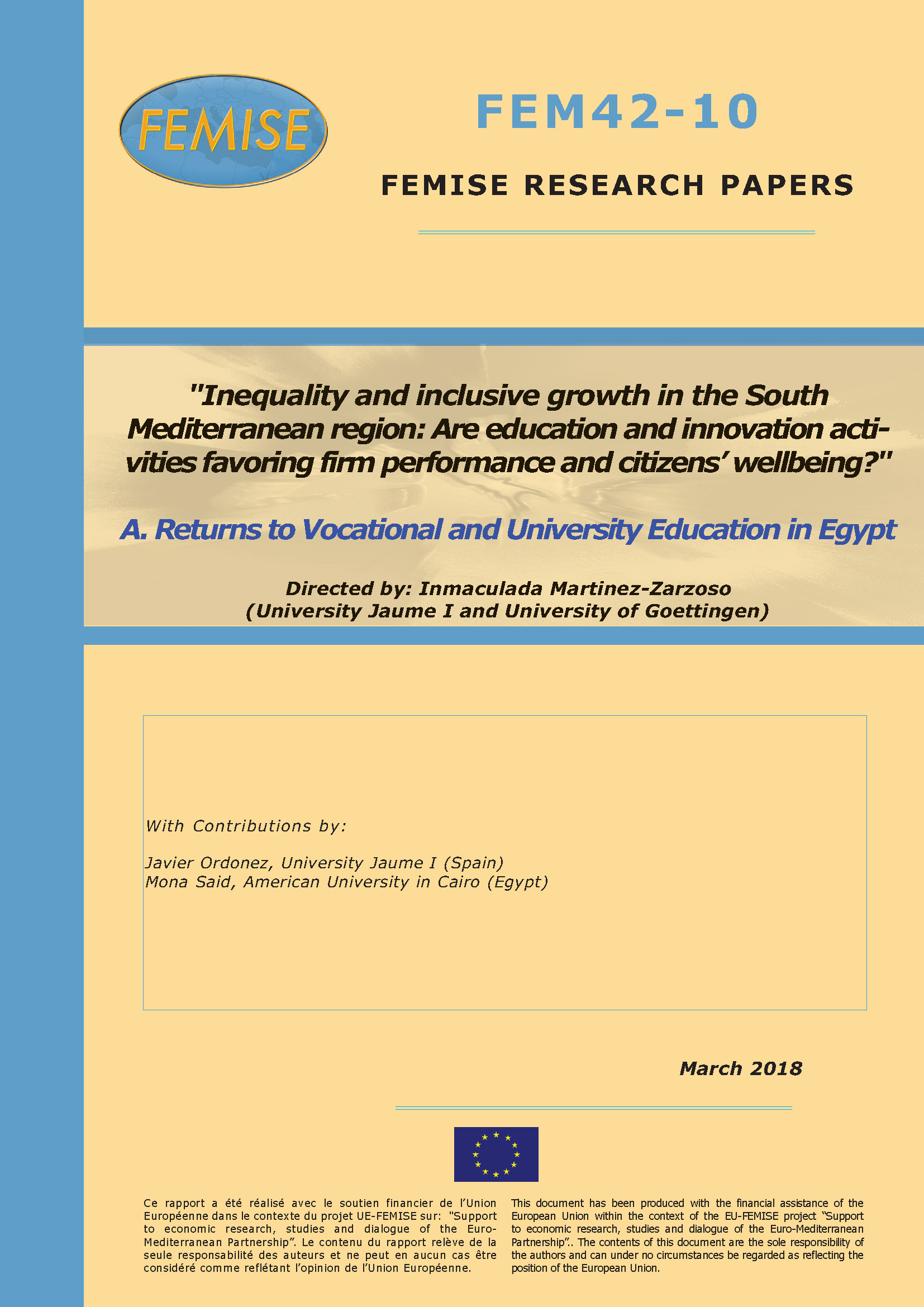 FEMISE is pleased to announce the publication of its research project FEM42-10,
FEMISE is pleased to announce the publication of its research project FEM42-10, 